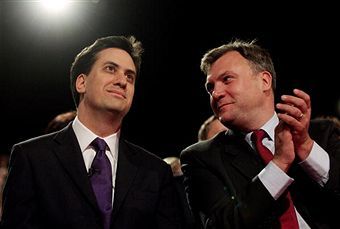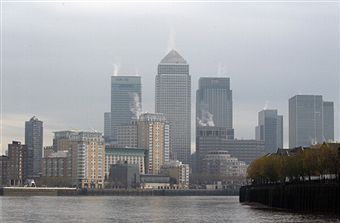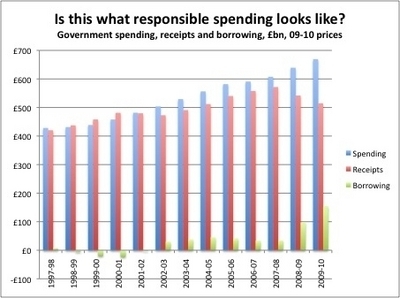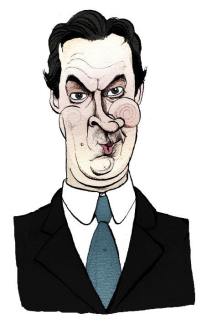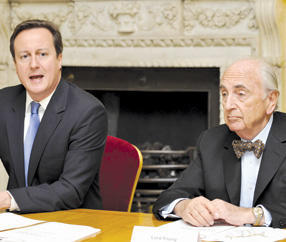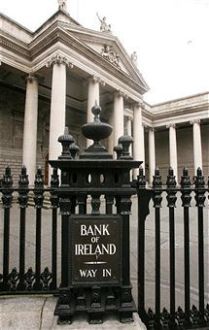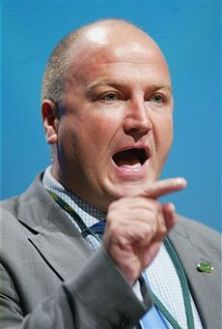Charting Labour’s future
The Labour Party is still ambling in the wilderness – sure of its destination, but uncertain of the route. Its response to last year’s general election defeat has been silence, publicly at least. In the privacy of debating chambers however, the party is charting its potential renewal. These circles murmur that ‘the state has reached its limits’; or, in other words, that Fabianism, the dominant force in the post-war Labour movement, has been tested to destruction. Philip Collins touches on this in his must-read column for the Times today (£): ‘Since the general election defeat, the only intellectual life in the party has come from blue Labour, an intriguing set




